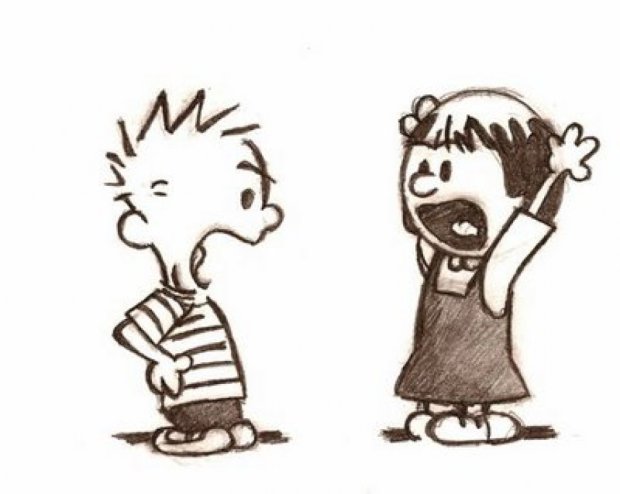Why do people enjoy movies? Although people might prefer different genres, everybody enjoys movies in one way or another. Perhaps this is because as human beings, we have an inherent love for stories. From the dawn of time, mankind has told story after story. From children listening to the elder telling a story by the fireplace, to adults telling each other funny or dramatic life stories over a glass of wine, we enjoy telling and listening to stories. This is most likely because through stories, we can relive someone’s experience as if they were our own.
The hallmark of a good story is its ability to plunge the listener into another world – overwhelming their senses and emotions. As far as we know, human beings are the only animals who possess language fluent enough to convey such detail and the imagination and creativity to reconstruct the story in our minds, converting words into a world. Storytelling is a defining characteristic of human nature and movies are a modern medium that helps us paint a more vivid world in our minds through the use of motion pictures.
If you look at the most famous movies of history, they share two common themes.
Firstly, they portray relatable, but almost fantastic life experiences. Romances that play our heartstrings like a guitar, bittersweet success stories, gripping dramas and silly comedic events that could happen to us… By playing jump ropes with the fine line between fantasy and reality, movies drench us in emotions, which induces powerful hormones such as adrenaline and endorphin to be released, giving us excitement and enjoyment.
Secondly, most successful movies show connection. Whether it be romantic love between two people or camaraderie shared between a platoon of soldiers, we like to see connection happening. Not only this, but a good movie makes us feel connected to the characters in some way, further enhancing the oxytocin-inducing emotion called happiness. Connecting to characters raises an interesting point. Perhaps it is not just the reliving of another person’s experience that we enjoy, but maybe we also feel true compassion for the characters and feel happy that they find connection and happiness at the end of the movie.
A friend once told me to “stop trying to make your life seem like a movie”. There is some truth to that, in that you should not over-idealise your experiences. However, I disagree with his view. I think the real reason people love movies is that it reminds us of our own experiences. Not everyone will admit it, but a successful businesswoman may watch an underdog movie and secretly reminisce her challenging climb to the top, while a middle-aged man may shed a tear at a romance movie because he still remembers the first time he kissed his first love.
Everyone has a story to tell. You would be surprised how many people have had experiences far greater than any movie: the dramas, the laughters, the coincidences and the twists. In fact, everyone’s life is a movie of their own. It just doesn’t always have a clear-cut introduction, middle and conclusion with a perfectly paced timeline. Instead it is tangled in the intricate fabric of life, seemingly crude and unrefined compared to a movie. The raw materials are there, but it is up to you to be the producer, director and screenwriter who edits and refines these experiences into a coherent “movie”.
Search your memories and experiences – you will find that there is a movie among there that is greater than any Oscar-winning movie out there. If you ever feel alone, hopeless or worthless, reach into your past and press the play button to that movie. You will find that your life has actually been quite awesome.













